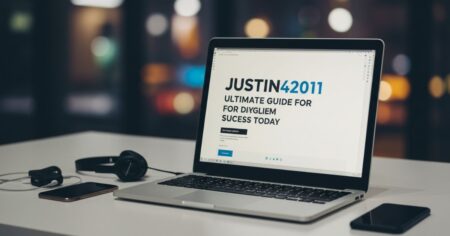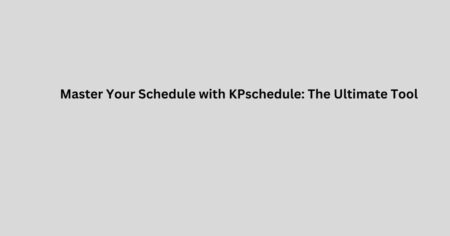Congratulations on becoming a new homeowner! Owning a house is an exciting milestone, but it also comes with its share of responsibilities. One of the essential aspects of homeownership is understanding and maintaining your plumbing system. Plumbing issues can be daunting, but fear not, as this article will provide you with five easy and practical tips to help you master plumbing and keep your home running smoothly.
Know Your Plumbing System
Before you start any plumbing work, it’s important to know how your home’s plumbing system works. Find the main shut-off valve. It’s usually near the water meter. Learn how to turn it off if there’s an emergency or you need to fix something. Also, find the small shut-off valves under sinks, behind toilets, and near machines like the washing machine or dishwasher.
Understanding your plumbing system’s layout will make it easier to pinpoint problems and prevent potential disasters. Take note of exposed pipes in your basement or utility areas, as they can be prone to freezing during winter months, leading to burst pipes.
Regular Maintenance is Key
Preventive maintenance is the key to avoiding major plumbing issues and costly repairs. Develop a routine to inspect and maintain your plumbing system regularly. Here are some essential tasks to include in your maintenance checklist:
1. Check for Leaks: Look for any signs of leaks around faucets, pipes, and under sinks. Even small leaks can waste water and cause damage over time.
2. Clean Drains: Keep your drains clear of debris, hair, and other substances that might cause clogs. Regularly clean sink stoppers and invest in drain covers to catch larger particles.
3. Inspect Toilet Components: Periodically check the toilet tank and bowl for leaks. Ensure that the flapper, fill valve, and flush valve are working correctly.
4. Test Water Pressure: Keep an eye on your water pressure. Too high pressure can strain your plumbing system and lead to leaks, while too low pressure can be inconvenient for daily activities.
5. Water Heater Maintenance: Follow the manufacturer’s instructions to flush your water heater and remove sediment buildup. This will help improve its efficiency and prolong its lifespan.
Be Mindful of What You Flush or Pour
What you flush down the toilet or pour down the drain can significantly impact your plumbing system’s health. Avoid flushing anything other than toilet paper and human waste. Items like wet wipes, cotton balls, and dental floss can cause stubborn clogs.
Likewise, be careful with what you pour down the kitchen sink. Grease and oil may solidify in the pipes and cause blockages. Dispose of cooking grease in a container and throw it in the trash. Use sink strainers to catch food particles and prevent them from entering your pipes.
Address Issues Promptly
If you notice a plumbing issue, don’t procrastinate in addressing it. Ignoring a small leak or a slow drain can lead to more significant problems down the line. The earlier you address an issue, the easier and less expensive it will be to fix.
Additionally, familiarize yourself with some basic plumbing repairs. For instance, knowing how to replace a faulty faucet washer or fix a running toilet can save you from calling a plumber for minor problems.
However, it’s crucial to know your limits. If a plumbing task seems beyond your expertise, don’t hesitate to call a professional plumber. Attempting complex repairs without the necessary knowledge and tools can exacerbate the issue and end up costing you more.
Prepare for Winter
Winter can be particularly harsh on your plumbing system, so taking precautions is essential. Before the cold weather sets in, insulate exposed pipes to protect them from freezing. Disconnect and drain outdoor hoses, and shut off the water supply to outdoor faucets.
During freezing temperatures, allow a trickle of water to flow through indoor faucets connected to pipes in unheated areas. Moving water is less likely to freeze, reducing the risk of burst pipes.
Conclusion
Mastering plumbing as a new homeowner doesn’t have to be intimidating. By familiarizing yourself with your plumbing system, performing regular maintenance, being mindful of what you flush or pour, addressing issues promptly, and preparing for winter, you’ll be well on your way to keeping your plumbing in excellent condition. Remember that taking care of your plumbing is not only cost-effective but also ensures a comfortable and stress-free living environment in your new home. Happy plumbing!












Leave a Reply
You must be logged in to post a comment.